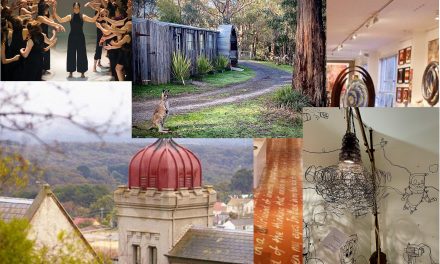Victor Szwed
June has been a very wet month with 158mm of rain recorded by the Weather Bureau compared to the mean of 105mm. The year to date has seen 452mm compared to the long term mean of 393mm.
The damage from the massive storm on 9th/10th June was made worse with lots of rain in May leading into June saturating the ground in many areas.
The rainfall for July through September is expected to be above average for most of Australia. Our higher rainfall has resulted in Daylesford’s water supply now being 100% full compared to 80% at the end of May and 87% this time last year. The reservoirs are quickly topped up after some significant rains.
Melbourne’s water supply is also higher at around 75% full compared to 64% a year ago. This is better than for June in each of the past four years.
Many parts of Australia are still suffering from rainfall deficits. What is that? If you look at rainfall over the past 4 to 5 years, many areas had exceptionally dry periods and only recently have had some decent rains. The results are that soils may be damp near the surface but are drier below. Consequently they can dry out quickly and plants such as crops are at risk if dry conditions return. Also, groundwaters and watercourses would not have been recharged sufficiently leaving them depleted unless there are a few good years of rain to recharge the environment.
The issues of Climate Change and increasing levels of Carbon Dioxide in the atmosphere are regularly in the news. If you are interested in finding out more follow the link into the Bureau’s web site: www.bom.gov.au/inside/cgbaps/
This shows atmospheric data for greenhouse and ozone depleting gases recorded at Cape Grim which is in North-Western Tasmania. It covers various substances including Carbon Dioxide levels which have increased by more than 20% since 1976, Methane (increasing), Nitrous Oxide(increasing) and Chlorofluorocarbons which peaked around 1995 and have eased some.
The Bureau also has lots of other related information. The annual mean temperature across Australia has been steadily increasing, particularly over the past three decades. It is important that we are all better informed and have constructive discussions about what we as individuals and as a nation can do. Parts of the media including social media sometimes confuse things rather than assist.
Victor Szwed is a Daylesford resident who contributes a regular weather column to The Wombat Post.





